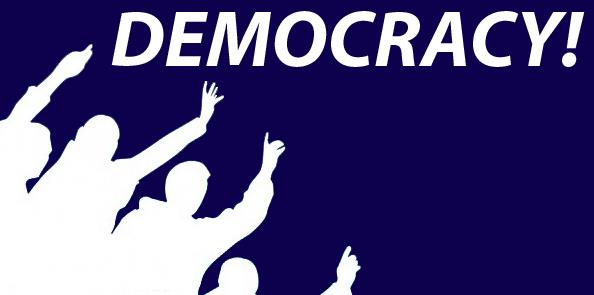
Politics in Democracy
In India, the Brahminical system is always trying to create the bipolarity in politics, the voters have either this or that choice. They do not have a plethora of choices to choose from, at least at the union level. The union level politics in India is dominated either by the BJP or by the Congress. The rise of regional parties in the states because of their regional nature and regional mandate cannot become dominant at the union level, this leaves the political power at the union in the hands of either the BJP or the Congress.
When the regional parties became dominant, the BJP and Congress evolved into NDA and UPA, both signifying the alliances and hence the core of these political power alignments.
This began to change or could have become the change in the equation of power with the rise of the BSP, the third largest national party at one point in time in history. Sadly, the BSP got weakened and got concentrated in the regional politics of UP. If Indian democracy is to survive in the context of plurality and diversity, the rise of the third union party is compulsory. The party that is powerful at the national level. As the Dalits are all over the country, they at the heart of the political party can have the power to change not only their future but that of the larger Bahujan communities.
The federal front suggested by the regional parties is not workable as the parties in the suggested federal front do not cross the state boundaries as they are limited within their own states. They cannot access the power at the centre level unless they have an all India uniting force or a vote bank. This is the region why they must find a partner at the union level. The BSP could be vital for this alignment, but the bigger question is if the regional parties can find the common enemy and common ideology that unites them.
They can be anti-Congress and anti-BJP politically, but ideological they must be anti-caste and anti-communalism and be ready to take the issue of caste annihilation as the core issue. If they could do it, Indian politics will not be maddeningly bipolar and the power will be divided into many poles.
Author – Mangesh Dahiwale


+ There are no comments
Add yours